CBD for increased dopamine
Estimated reading time: 9 minutes
- What exactly is dopamine?
- What does it feel like when dopamine level goes down?
- What Could Make Dopamine Levels So Low?
- What is CBD?
- Cannabidiol (CBD) affects dopamine receptors
- How to use CBD for better dopamine
- FAQ – CBD for better Dopamine
- Conclusion – CBD for better increased dopamine
- The Real CBD for increased Dopamine
What exactly is dopamine?

In this article, we are having a look at CBD for increased dopamine levels. Dopamine is a neurotransmitter that is also called the “pleasure chemical”. This is because it makes us feel things like happiness, satisfaction, and pleasure. It works as a reward system. For things like giving a loved one a hug, eating a tasty meal, getting some exercise, or solving a problem. In addition to making us feel good, dopamine is involved in many other things that happen in the body.
Some of these processes are memory, focus, sleep, feeling, responding to stress, and motivation. The main parts of the brain that make this drug are the ventral tegmenta area and the substantia nigra. Studies show that cannabinoids like CBD, improve the firing rate of dopamine neurons in the ventral tegmenta region. This raises the amount of dopamine in the brain.
What does it feel like when dopamine level goes down?
If your dopamine levels are lower than usual, you might not be as motivated; or interested in doing things that would usually make you happy. Dopamine deficiency can lead to mental health problems like depression. It can cause muscle cramps, stomach problems, and tiredness. Less sex drive, sleep problems and a lack of hope for the future, just to name a few. It's important to take care of low dopamine levels as soon as possible to avoid any underlying health problems.
What Could Make Dopamine Levels So Low?

Low amounts of dopamine happens by a variety of things.
Parkinson's disease is a degenerative disorder that affects dopaminergic nerve cells. This can cause the amount of dopamine to go down.
Researchers have found that schizophrenia, bipolar disorder, and insanity are all linked to low dopamine levels.
Also, using drugs for fun, especially chemicals like alcohol and cocaine, can cause a brief rise in dopamine levels. This is then followed by a big drop, leaving dopamine levels much lower than they would be usually.
What is CBD?
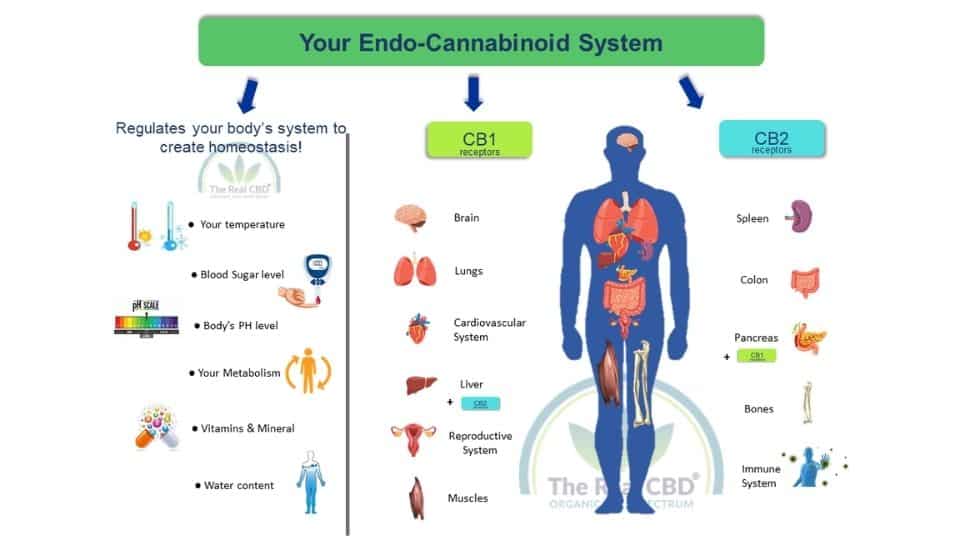
CBD, which stands for “cannabidiol,” is a chemical compound that occurs naturally in the cannabis plant. It is a type of cannabinoid found in hemp, along with THC and other cannabinoids. However, unlike THC, CBD is not psychoactive. This means that it does not make people feel “high” or change how they feel.
CBD works with the body's endocannabinoid system (ECS) when it is taken in. The ECS is a complicated network of receptors, endocannabinoids (the body's own cannabinoids), and enzymes. These that keep the body in balance and unity, this is called homestasis.
Researchers are still looking into how CBD works with the ECS. However, CBD changes the activity of cannabinoid receptors, especially the CB1 and CB2 receptors. Most CB1 receptors are in the brain and central nervous system. Most CB2 receptors are in the immune system and other tissues outside the brain and central nervous system.
What does cannabidiol do?
In recent years, there has been a lot of interest into the possible health benefits and effects of CBD. Some of the best-known things that CBD does are:
Pain Relief
CBD may help lower pain and inflammation by interacting with the ECS and affecting the body's pain pathways. Because of this, it is used as a possible natural cure for arthritis, multiple sclerosis, and constant pain.
Anxiety and Stress Reduction
CBD is looked at to see if it could help with anxiety. It may change the way mood, worry are controlled by receptors, making the mind, and body feel calmer.
Sleep

Some people who use CBD say that it helps them sleep better and gets rid of their sleeplessness. People think that CBD's ability to make people feel relaxed may help them sleep better.
Epilepsy Treatment
CBD has got a lot of attention because it might be able to stop seizures. In fact, the authorities have approved a drug called Epidiolex, made from CBD, to treat some types of seizures.
Neuroprotective Effects
Early research shows that CBD may have properties that could protect the brain from damage. Also help treat diseases that cause brain cells to die.
The anti-inflammatory properties
CBD is also good for the skin with its anti-inflammatory properties. This makes it a common ingredient in skincare products. It might help things like pimples and eczema.
Even though CBD has a lot of potential; we need more studies to fully understand its possible benefits and long-term effects. In addition, the right amount and way to take CBD can change from person to person based on their needs and health conditions. If you are thinking about using CBD for your health, it's best to talk to a doctor or nurse to figure out the best way to do it.
Cannabidiol (CBD) affects dopamine receptors
Yes, CBD can affect dopamine receptors in a number of ways. CBD does not directly trigger the CB1 and CB2 receptors of the endocannabinoid system like THC does. However, it can interact with other receptors to affect dopamine levels. CBD's ability to turn on serotonin receptors (5-HT1A) in the brain; is another thing that helps this substance calm people down and stop seizures.
More from our blog:
How to use CBD for better dopamine

CBD has shown some promise in a number of situations. However, we need more research to figure out all of its possible uses. Some of the ways it could be used are as follows:
Anti-convulsive: Several studies have shown that CBD can reduce the amount of seizures. This suggests that it could be useful in the research and development of anti-epileptic drugs.
Anti- Anxiety: CBD has been shown to help treat anxiety conditions like generalised anxiety disorder. Also panic disorder, social anxiety disorder, and post-traumatic stress disorder.
CBD has antipsychotic properties, and early study shows that it could help manage psychosis symptoms, especially in the early stages of disorders like schizophrenia.
Anti-nausea: When CBD interacts with the body's own endocannabinoid system, it can help with nausea and vomiting.
Anti-inflammatory (for Rheumatoid Arthritis): Research shows that cannabidiol (CBD) may have anti-inflammatory properties that could help people with rheumatoid arthritis.
FAQ – CBD for better Dopamine
Dopamine is a neurotransmitter that is often called the “pleasure chemical” because it makes us feel happy, satisfied, and happy. It works as a reward system for things like hugging a loved one, eating a good meal, working out, or fixing a problem. Dopamine is also important for memory, focus, sleep, emotions, the way we react to stress, and drive. Cannabinoids like CBD, which are found in hemp, can raise dopamine levels by making dopamine neurons in the ventral tegmenta area fire more often.
When dopamine levels drop, people may feel less motivated or interested in things that usually make them happy. A lack of dopamine can cause mental health problems like depression and bodily problems like muscle cramps, stomach problems, and tiredness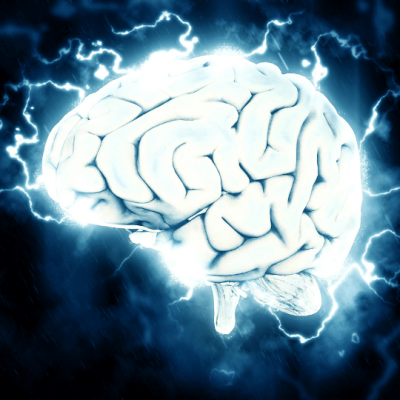
Many things can cause dopamine levels to be low. Parkinson's disease, which affects nerve cells that make dopamine, can cause dopamine levels to go down. Low dopamine levels are also linked to mental health problems like schizophrenia, bipolar disorder, and insanity. Also, using recreational drugs, especially alcohol and cocaine, can cause a temporary rise in dopamine levels, followed by a big drop. This can cause dopamine levels to be lower than usual.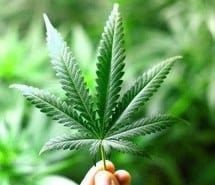
Yes, CBD can have an effect on dopamine receptors in different ways. CBD doesn't directly affect the CB1 and CB2 receptors of the ECS like THC does. However, it can affect dopamine levels by interacting with other receptors.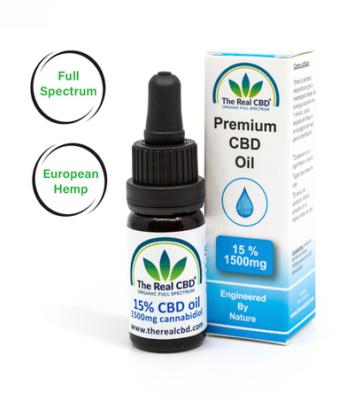
Conclusion – CBD for better increased dopamine
Cannabinoid CBD, especially when taken as CBD oil, affect dopamine levels by reacting with cannabinoid receptors in the endocannabinoid system. CBD can affect a wide range of biological processes and, because it causes dopamine to be released, may be useful in treating a wide range of medical conditions. As more study is done, it's possible that we'll find out more about the complicated link between CBD and dopamine. This could lead to the creation of new treatments and a general improvement in the health of people who have problems linked to dopamine.
If you think you have low dopamine levels or any other health problem that might be related, it is important to remember to talk to a specialist for help and personalised treatment options.
The Real CBD for increased Dopamine
-
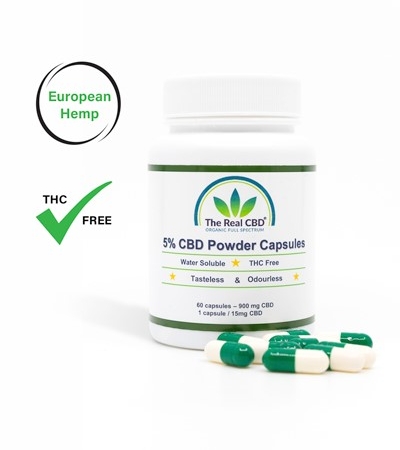 CBD Capsules – Water Soluble 5%€59.00
CBD Capsules – Water Soluble 5%€59.00 -
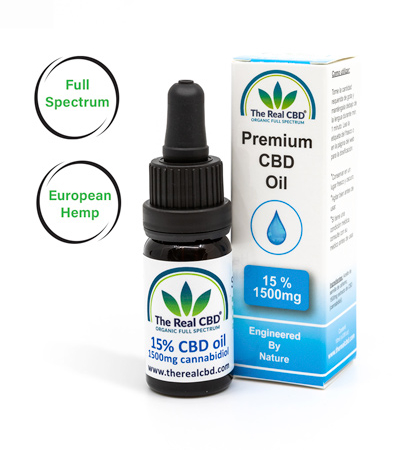 15% Pure CBD oil€80.00 – €85.00
15% Pure CBD oil€80.00 – €85.00 -
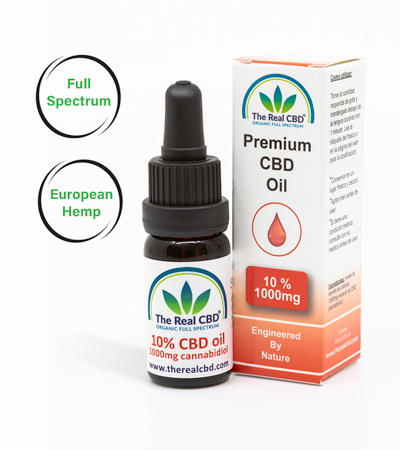 10% CBD oil€55.00
10% CBD oil€55.00 -
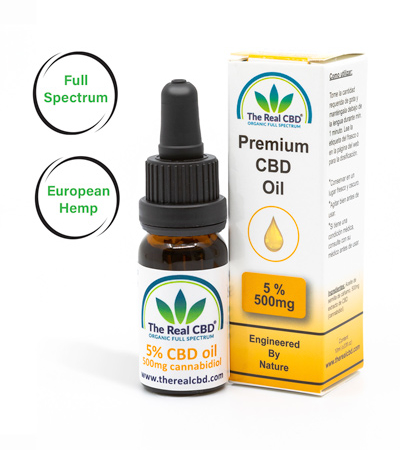 5% Pure CBD oil€29.00 – €35.00
5% Pure CBD oil€29.00 – €35.00 -
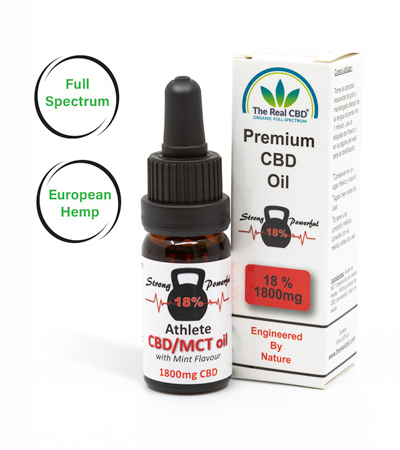 Athlete MCT/CBD oil 18%€90.00
Athlete MCT/CBD oil 18%€90.00 -
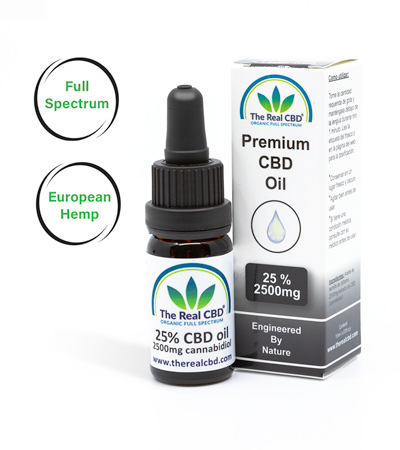 25% Pure CBD oil€139.00
25% Pure CBD oil€139.00 -
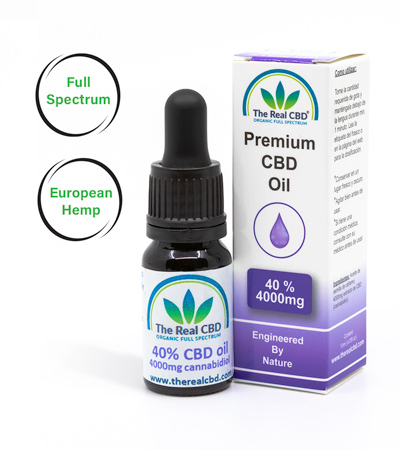 40% Raw CBD Oil€189.00
40% Raw CBD Oil€189.00 -
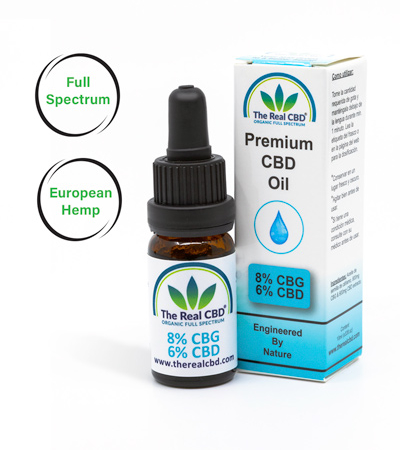 CBG/CBD oil€87.00
CBG/CBD oil€87.00 -
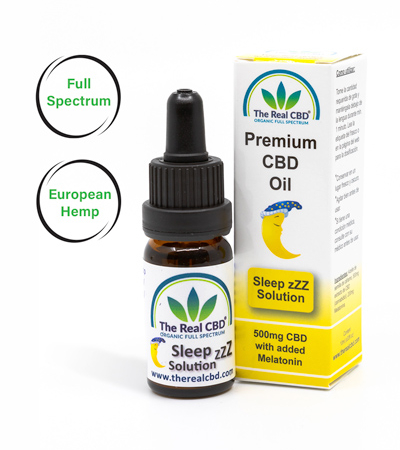 CBD Sleep Solution 10%€50.00
CBD Sleep Solution 10%€50.00 -
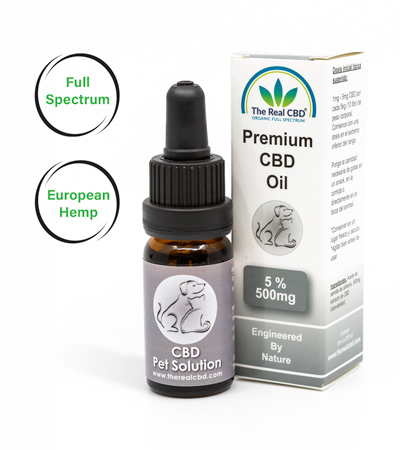 5% CBD oil for Pets€29.00
5% CBD oil for Pets€29.00 -
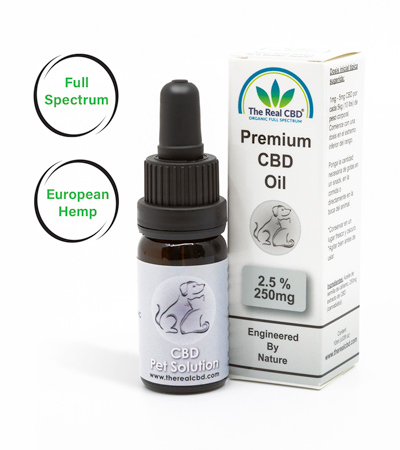 2.5% CBD oil for Pets€15.00
2.5% CBD oil for Pets€15.00 -
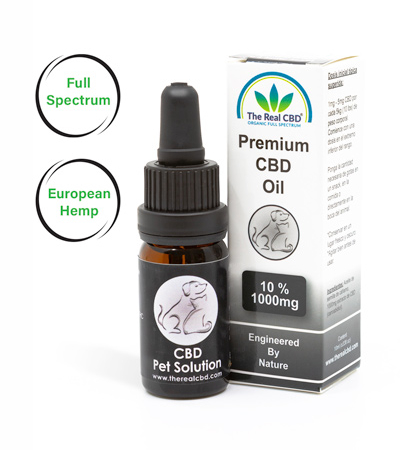 10% CBD oil for Pets€55.00
10% CBD oil for Pets€55.00

I am a certified expert in Medicinal Cannabis. We are all about giving correct and trustworthy information. We know how important it is to learn about CBD and cannabis, which is why we want to be your go-to source for trustworthy information. We help you improve your health by using our knowledge and experience as a starting point.








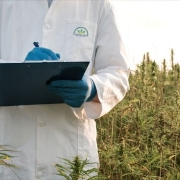





Leave a Reply
Want to join the discussion?Feel free to contribute!